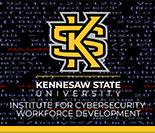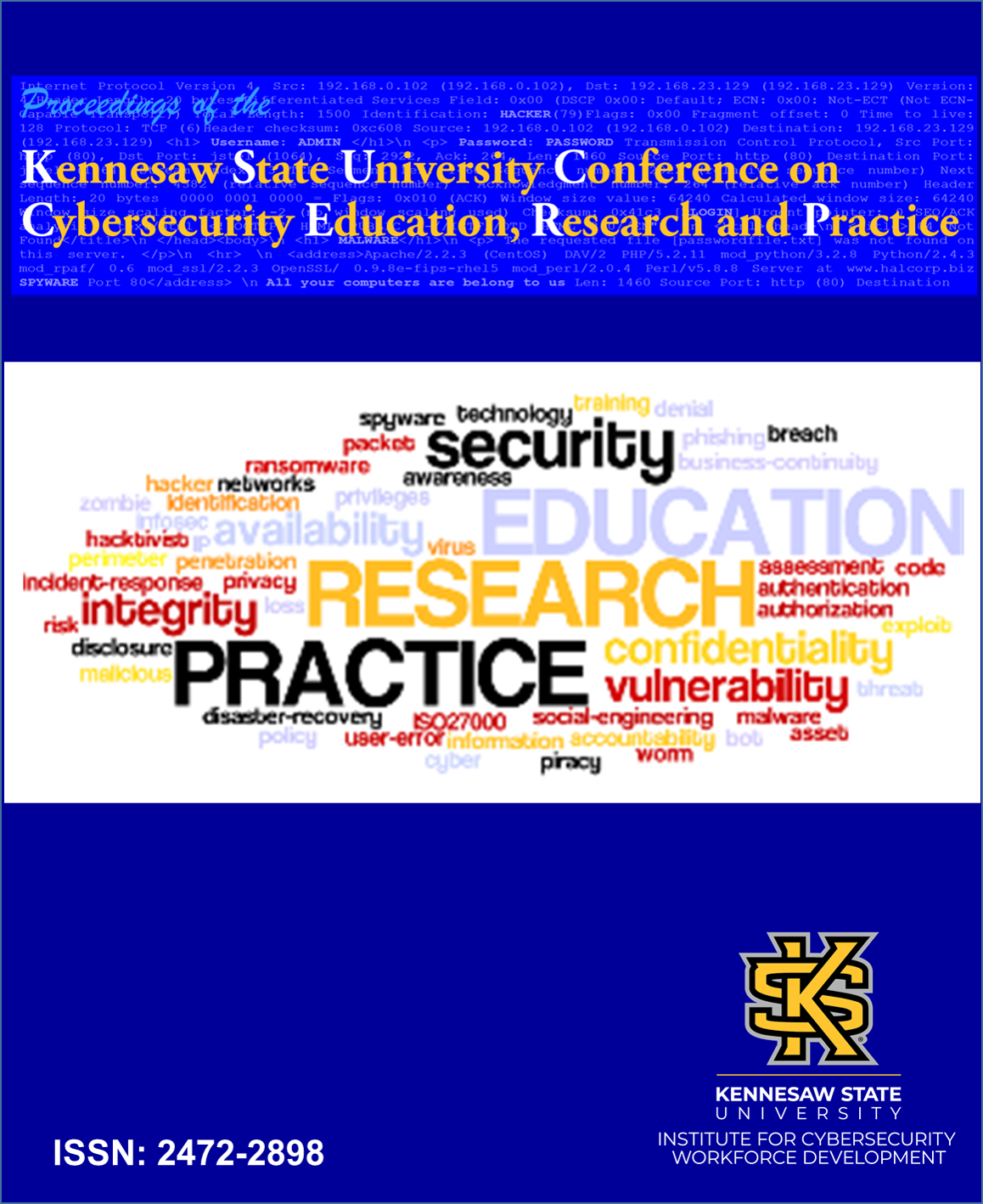An Empirical Study of Artificial Intelligence Performance on Edge Devices
Start Date
23-10-2020 2:00 PM
End Date
23-10-2020 2:30 PM
Location
Zoom Session 2 (SunTrust Track)
Abstract
Artificial intelligence (AI) workloads have changed the computing paradigm from cloud services to mobile applications. However, there lacks an in-depth analysis of their advantages, limitations, performance and resource consumptions in an edge environment. In this work, we perform a comprehensive study of representative AI workloads on edge computing. We first conduct a summary of modern edge hardware and popular AI workloads. Then we quantitatively evaluate the AI applications in realistic edge environments based on Raspberry Pi, Nvidia TX2, etc. Our experiments show that performance variation and difference in resource footprint limit availability of certain types of workload. Our results could help user select the appropriate AI models or edge hardwares for their workloads and guide the optimization of existing AI scenarios.
An Empirical Study of Artificial Intelligence Performance on Edge Devices
Zoom Session 2 (SunTrust Track)
Artificial intelligence (AI) workloads have changed the computing paradigm from cloud services to mobile applications. However, there lacks an in-depth analysis of their advantages, limitations, performance and resource consumptions in an edge environment. In this work, we perform a comprehensive study of representative AI workloads on edge computing. We first conduct a summary of modern edge hardware and popular AI workloads. Then we quantitatively evaluate the AI applications in realistic edge environments based on Raspberry Pi, Nvidia TX2, etc. Our experiments show that performance variation and difference in resource footprint limit availability of certain types of workload. Our results could help user select the appropriate AI models or edge hardwares for their workloads and guide the optimization of existing AI scenarios.


